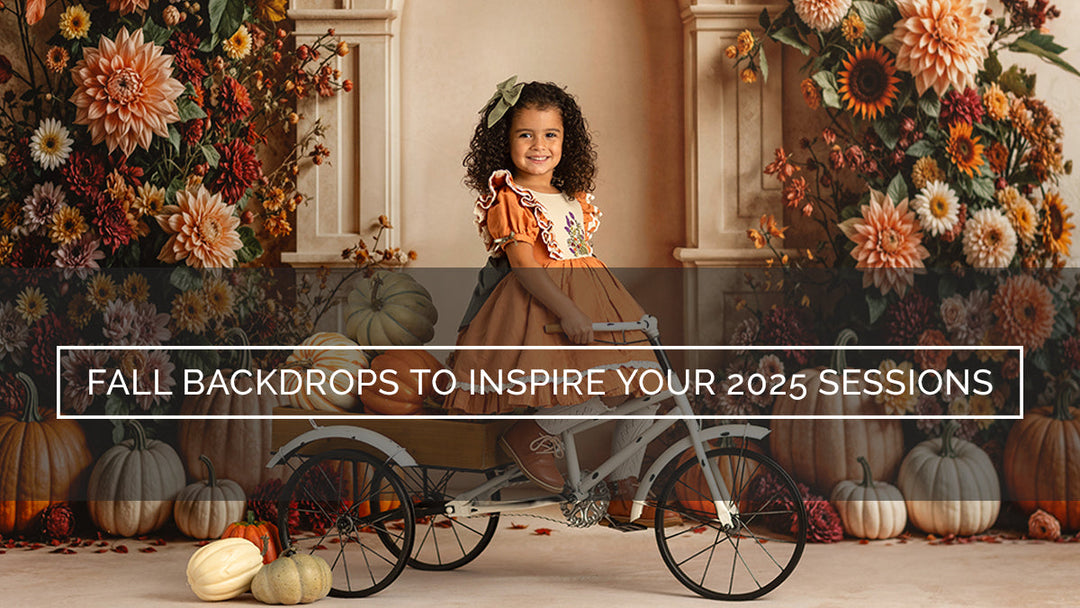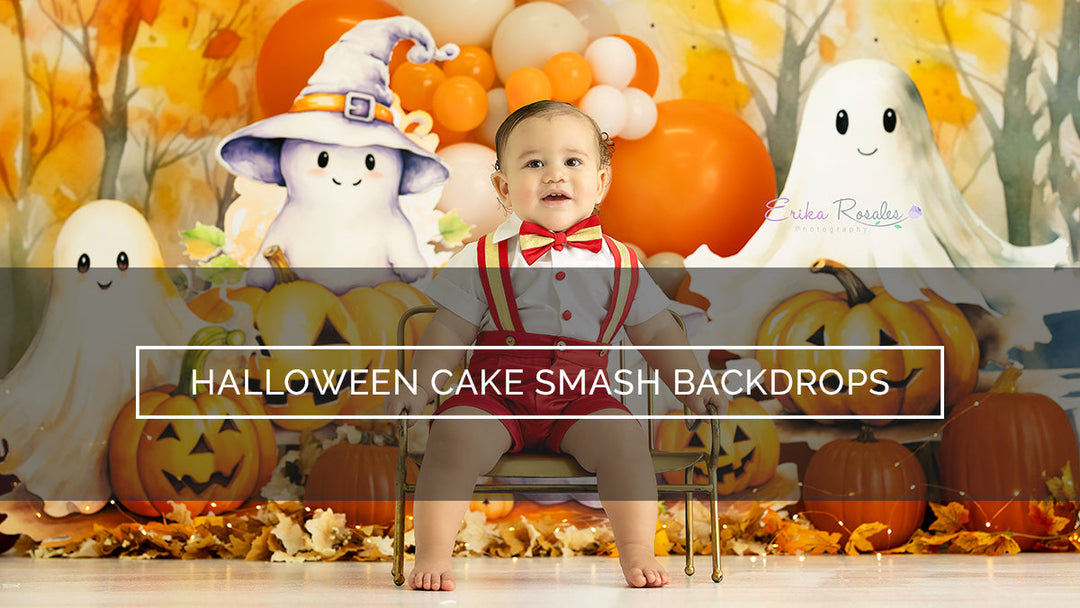You’ve got a new camera — now what?

So, you’ve just dropped a chunk of change on a new camera. What now? Maybe you’re upgrading from your smartphone for the first time, or maybe you’re farther into the journey, and this isn’t your first piece of serious photography equipment. Either way, there’s a lot to think about before you go out into the world to capture the images that speak to you. It might seem overwhelming at first, but if you take it one step at a time, you’ll be out there making art—and recording memories—before you know it.
To get you started, here are seven things to do or think about:
Read the manual. Let’s face it—you don’t want to read the manual. Nobody wants to read the manual. It’s not exactly a page-turner that will keep you reading late into the night to see how it ends. But you’ve spent a lot on your camera—why wouldn’t you want to learn everything you can about how it works? With today’s complicated digital cameras, reading the manual can be the difference between being satisfied with your new equipment or it being a frustrating hassle that will leave you stressed and confused. Read about all of the shooting modes and what each symbol means.
Set it up. Now that you’ve read the manual, you’ll know how to do essential things like charging your camera, setting the time and date, and connecting it to your WiFi. You’ll want to adjust the diopter so your camera’s viewfinder will provide a sharp picture based on your own eyesight. You can also adjust things like image quality. Depending on your preference, you can shoot in raw, JPEG or both. If shooting JPEG, you may want to change the settings to the highest image quality.
Insure it. You’ve invested money in your equipment—now make sure you don’t lose that investment due to theft or accidental damage. Your homeowners or renter’s insurance should cover your equipment up to a certain amount. That might be all you need if you’re a casual hobbyist, but it’s not likely to be enough if you’re seriously into photography. Also, keep in mind that your policy probably only covers certain scenarios such as fire or theft. If you need more than that, talk to your insurance agent about buying extra coverage.
Get the accessories. The most important thing you’ll want to buy for your camera is a good bag, not only for your convenience when carrying your equipment, but also to avoid accidental damage. You’ll also want a spare battery and memory card, so you won’t find yourself unable to capture those important moments. You also might want a tripod, an additional lens, a strap, editing software, and more. If you have not purchased your new camera just yet, I highly recommend not buying the kit lens, only the camera body and putting your money towards a better lens.
Learn. If you’re not already an experienced photographer, you might want to take a class or research photography techniques online rather than going it alone. You’ll want to learn about more than just the technical aspects of photography—you’ll also want to educate yourself on composition, light, and other aspects of the art form that will elevate your work from good to great. I’m a huge fan of Creative Live. As a past customer myself, I can say it's an amazing online resource for photographers. Seriously, grab some popcorn, a cup of coffee and your camera because for only $39 a month, you can binge watch unlimited photography videos. This is hands down one of the best educational resources out there for photographers.
Experiment and have fun. Now that you’ve got your equipment, get out there and have a good time using it. For studio portraits, grab a backdrop and use a doll or stuffed animal to practice with. Put your camera in manual mode and give it a shot. Keep a log of what works and what doesn’t. Lighting placement, camera settings, time of day (if using natural light), etc. You can also view your camera settings for each image on your camera or on your computer.
Stay positive. No one becomes an amazing photographer in 1 day. When you first start in the world of photography it may seem overwhelming and frustrating. Remember, (lots) of practice makes perfect. Stick with it and all of your hard work will pay off!





Leave a comment